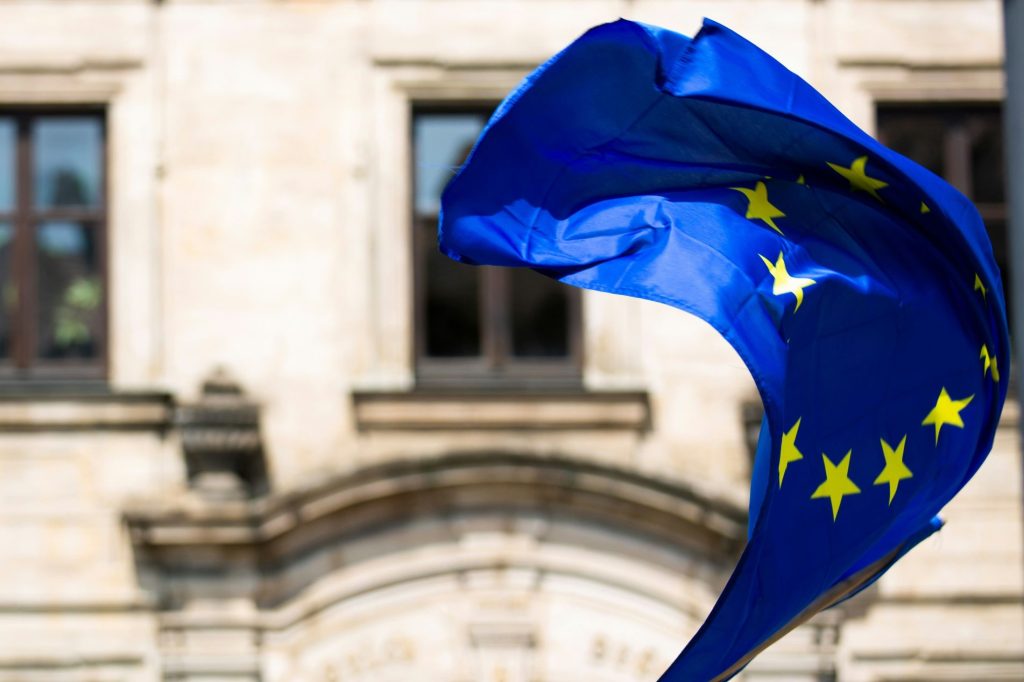[FR] Reuniting Europe: our historic mission
Speech by Jacques Delors at the Wallenberg Conference of the Aspen Institute, 14 November 1999.

With the collapse of the Soviet empire, history resumed its course in Europe. But while the fall of the Berlin Wall paved the way for European reunification, the ten years that have passed since then have been nothing more than a ‘transition’ period towards a market economy and democracy for the countries freed from communism.
For many of them, the future remains uncertain. We no longer talk about ‘the other Europe’, as we used to, but about the ‘CEECs’, i.e. the countries of Central and Eastern Europe, and I fear that this jargon betrays our feeling that these countries are not yet part of our world.
Much remains to be done and — let us make no mistake — it is not just a question of enlarging Europe as we did in Western Europe when the Community grew from six to nine, then to ten, twelve and fifteen. Our historic mission is to reunify Europe, in its common values as well as in its diversity.
When history started moving again in Berlin, it did so in its own way, haltingly. It is up to us to give it meaning, otherwise we will be nothing more than its playthings and, in all likelihood, its victims. That is why we must be fully aware of the unique characteristics of each of these countries and also of the traces left by forty years of totalitarian ideology and a centralised, paternalistic and inefficient economic and social system. In this sense, we need to talk about the cultural dimension of enlargement.
All these nations – large and small – have in their memory and their genes a history marked by tragedy and upheaval. Faced with the great ideal of peace, which is the central treasure of European integration, we must be aware of this geopolitical dimension.
We must also emphasise the change of scale, since we now have some thirty member countries and must envisage a Europe whose eastern borders will undoubtedly remain uncertain for a long time to come. We want to emphasise the weight of the legacy that must be assumed because, if we are not to fail, will we not have to overcome all the tragedies and mistakes of the century that is coming to an end? We must transcend this interminable European civil war, which twice turned into world war and was then fuelled by the Cold War between the two superpowers. We must overcome the vicissitudes of interwar diplomacy, with the failure of the Treaty of Versailles, the Spanish Civil War, the shame of Munich and the shock of the German-Soviet pact, and finally overcome the impotence of the great and small European states, the so-called victors and the vanquished, and recreate order and peace on the continent?
What could this political project be? I was going to say an acceptable marriage contract, one that is desired by the candidate countries. And, since it is impossible to avoid difficulties, what institutional architecture is best suited to making this greater Europe an effective, transparent and democratic entity?




